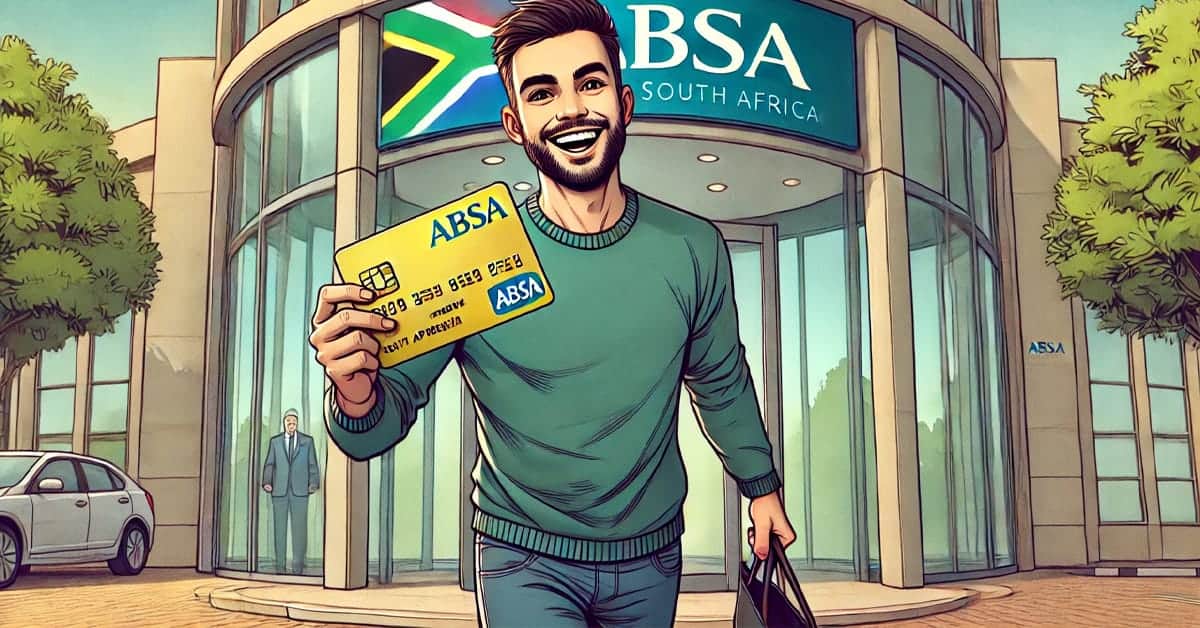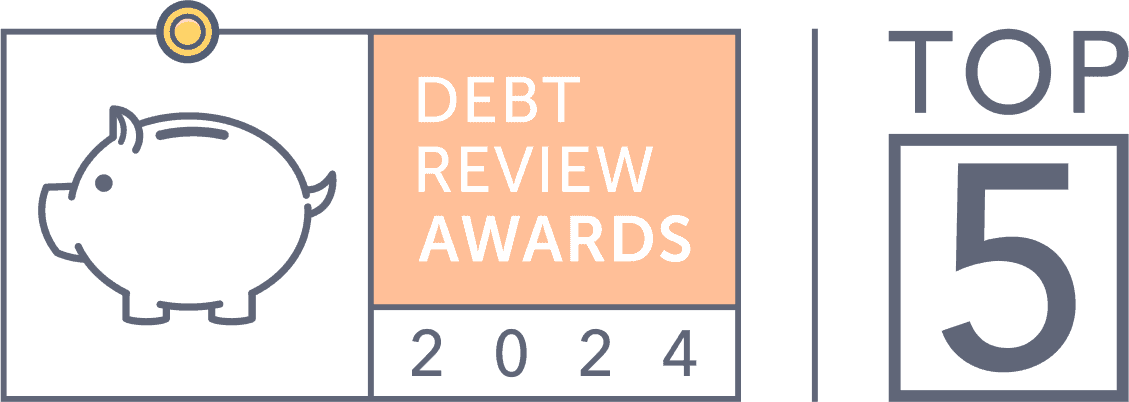
What Happens After Debt Review?
So, you finished debt review. You did it. Congratulations! But what happens after debt review?
No more hiding from unknown numbers. No more avoiding emails like they contain a bomb. No more pretending you “didn’t see” that final notice.
But what now?
Is it all sunshine and rainbows? Or does it feel like finishing a marathon, only to realise you left your car keys at the start line?
Let’s break it down.
Your Clearance Certificate – The Golden Ticket
First things first. You need proof that you’re debt-free.
That comes in the form of a clearance certificate from your debt counsellor. This little piece of paper (or email, because it’s 2025) tells credit bureaus and lenders that you’ve officially completed the debt review process.
What happens after debt review if you don't have a clearance certificate?
Your credit profile still looks like you owe money. Even if you don’t.
So if you have not received it yet, chase it like a toddler chasing an ice cream truck, but please remember, as soon as your debt counsellor issues this certificate and sends it off to the credit bureaus to action your clearance, it is out of their hands and you will have to wait for the bureaus. This doesn’t take too long though, approximately 2 to 4 weeks.
What Happens With Your Credit Score After Debt Review?
Debt review probably knocked your credit score down a few numbers, but don’t stress, there are a few things you could do to get back on top fast. This does not mean that you will not be able to get new credit, not at all. If you apply immediately after debt review, your interest rates might be higher than it would be a few months down the line.
Now, your score does not magically fix itself overnight. It needs positive credit behaviour to climb back up.
That means:
- No missed payments – Ever. Again. No excuses.
- Small, manageable credit – Think a phone contract or retail account. Just be mindful to not utilize more than 50% of the available credit or settle the whole outstanding balance at the end of the month.
- Time – Credit scores love a good waiting game, usually about three months.
We usually advice our clients to take out an insurance policy for home contents, if they do not have a vehicle, which should always be insured, I mean, who drives an expensive vehicle without insurance?
The insurance policy will usually have a payment profile on your credit report and will push your credit score up. In this case, you should be good to go within a month after being cleared.
Can You Get Credit After Debt Review?
Your clearance certificate removes the debt review flag, but lenders still look at your credit history. They want proof that you will be able to manage monthly payments, and remember, most of the time a human does not make the initial decision, some computer program does. And if you don’t have any accounts like the insurance policy I mentioned, you will be seen as a high-risk client which will negatively affect your interest rate.
So, how do you convince the credit providers that you are a good candidate for low interest credit?
- Start small – A secured credit card or store account can help.
- Stay consistent – One missed payment can send you back to square one.
- Avoid reckless borrowing – Do not go wild just because you can borrow again.
The goal is not just to get credit. It is to use it wisely this time.
Buying a Car or House – Is It Even Possible?
If you’re dreaming about homeownership, good news: it is possible after debt review.
Bad news?
It takes time.
Most banks prefer at least 12 to 24 months of clean credit history before they will consider a home loan.
For a car? A few months of good credit behaviour might be enough.
Tips to boost your chances:
- Save for a deposit – The bigger, the better.
- Improve your score – Keep all accounts in good standing.
- Show stable income – Lenders love consistency.
It is not an instant process, but patience pays off. Literally.
The Psychological Side – Money PTSD Is Real
Let’s be honest, debt review was not fun, but you did learn a lot about living without credit and spending your hard-earned money wisely.
Even if you are financially free now, the fear of falling back can mess with your mindset.
Ever feel guilty buying yourself a coffee? Or panic when your bank app takes too long to load?
That is debt trauma.
The best way to move forward?
- Track your money – Knowledge is power. Use a budgeting app or an old-school notebook.
- Emergency fund first – Before anything else, build a small buffer. Even if it is just R500.
- Stay in control – Avoid unnecessary credit unless you truly need it.
Debt review taught you discipline. Keep using it.
Frequently Asked Questions
Final Thoughts
Debt review gave you a second chance.
Now it is up to you what you do with it.
Rebuilding your credit takes patience. Lenders need proof that you have changed. But with the right habits, you can bounce back stronger than ever.
No more sleepless nights. No more financial stress. Just a fresh start.
Make it count.
